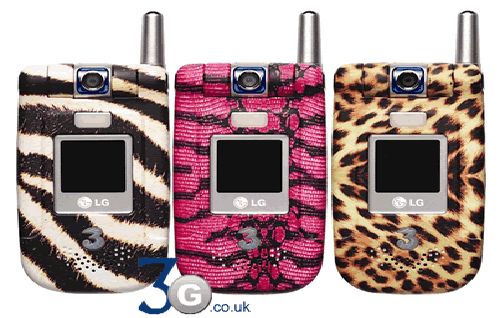
Ordinarily, your communication needs should determine the type of phone you use. But for reasons of taste, many people buy expensive phones and may not use a tenth of their applications. Of course, cheaper phones come with less features and range while smartphones, which are usually expensive, have better technology and, certainly, better features. Apple’s iPhone alone has thousands of applications for users.
Generally speaking, a smartphone is a phone which works like a computer. Beside the basic function of making calls, text messaging and taking pictures, smartphones run a gamut of applications that can make your head swirl. From accessing your email accounts, checking a bank balance or booking a flight to browsing and downloading information from the web and anything in between, the latest smartphones can do anything, writes Barbara Chan in an article on smartphone published on www.ehow.com.
Smartphones are, indeed, the future of the wireless industry, but the question for now is: do you really need a smartphone? According to a recent research in the United Kingdom, 71 per cent of those who own smartphones use them simply to make calls, text or check Facebook.
In fact, the study reveals that smartphones are too clever for most of their owners as a typical person exploits only 10 per cent of his/her smartphone’s functions.
The survey of 2,000 users also found more than half had felt ¬pressured to get the latest or most popular smartphone, such as Apple’s iPhone4 or a BlackBerry.
The research by Envirofone, which recycles mobiles, estimates there are 11 million smartphones in the UK.
While there are many useful applications offering train information or navigation functions, others are bizarre.
For instance, a Zippo lighter application displays an animated picture to wave at concerts, while Annoy-a-teen plays a high-pitched sound that only teenagers are supposed to be able to hear.
Jon Butler of Envirofone, said, “The latest phones have become status symbols which look flashy but aren’t fully utilised.”
So, who does not needs a smartphone? If your need for a phone revolve around making and receiving calls, sending text messages, listening to music, taking pictures and maybe making use of the reminder function and checking dates or time, you just need a simple camera phone, advises Mr. Geoffrey Ekpat, a Lagos-based economist and investment management expert. He says that it doesn’t make economic sense to make use of anything that one does not utilise up to 10 per cent of its functions and which makes one to spend more.
But you need a smartphone if you constantly need access to the Internet when you’re out and on the go. Laptops can be cumbersome and heavy to lug around when you need to surf the net, notes Chan.
You need a smartphone, too, If you need to access your email every minute, as smartphones enable you to access your emails wherever you are. If you’re especially a business person, your primary need might be to stay in touch with your staff, team, or boss. You might also need quick access to business applications like MS Word, Excel, or PowerPoint, in addition to e-mail, Web access, GPS and WiFi. And all these you can find in a smartphone.
Office applications such as reading pdf files and the ability to send and receive fax are some of the features that differentiate smartphones from ordinary ‘dumb’ phones. If you constantly use them, then this is another reason for you to need a smartphone.
Entertainment features included in smartphones can be a lot of fun. Chan says that watching videos, listening to music or radio, playing games and taking pictures can be strong selling points for a smartphone.
Applications are the main draws for smartphones. These are software that make life a little easier. They are a testament to the computing power of smartphones. Features such as, weather and traffic information, Facebook, recipes, and various other applications are available at your fingertips.
But smartphones also have some disadvantages. They can lead to Repetitive Strain Injuries. Regular use of the Blackberry, for instance, can lead to Blackberry thumb, a term for a type of RSI caused by the using of the thumb, instead of the fingers, to press buttons on Personal Digital Assistants, smart phones, or other mobile devices. Experts say the blackberry is much more demanding than texting on phones as users tend to use them to type out emails.
Smartphones also affect work-life balance. The small size, light-weight factor and portability of smartphones allow them to be carried at all times, which makes it difficult for some people to designate a clear delineation between work life and home life. Frequent checking of email and internet applications takes time and attention away from interpersonal relationships, notes Lee Weal in an article on smartphones also published on www.ehow.com.



No comments:
Post a Comment